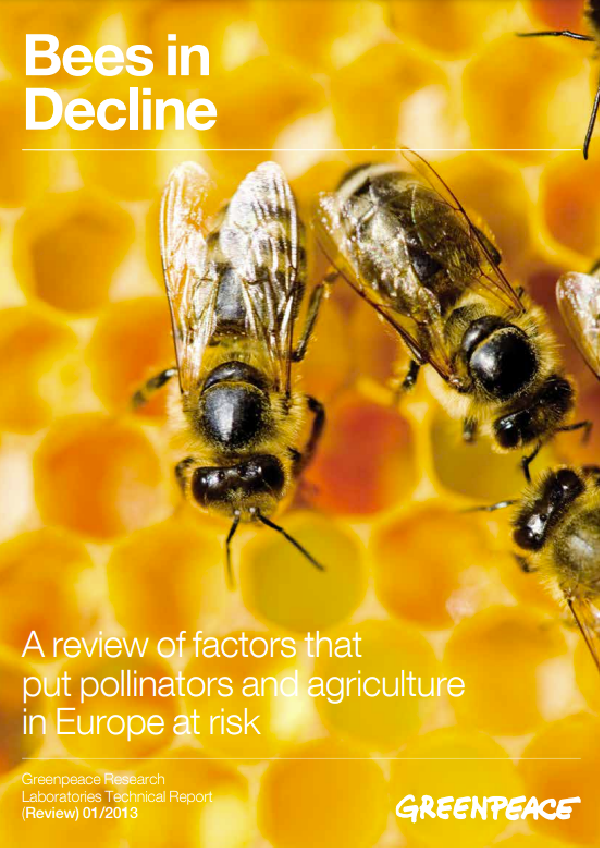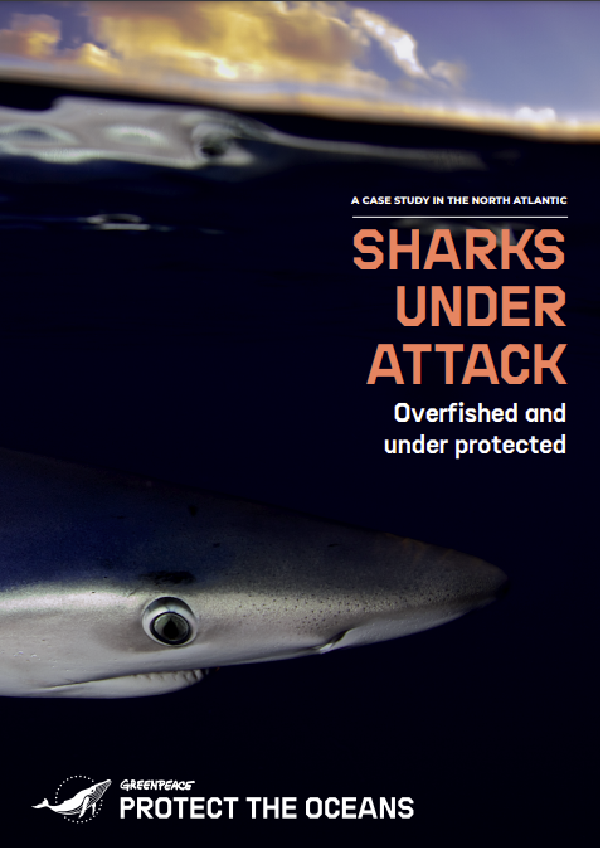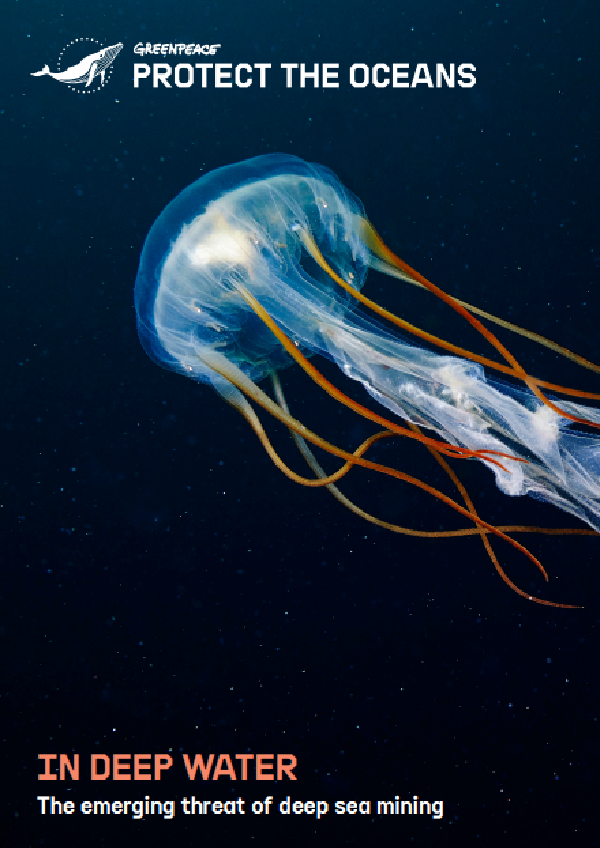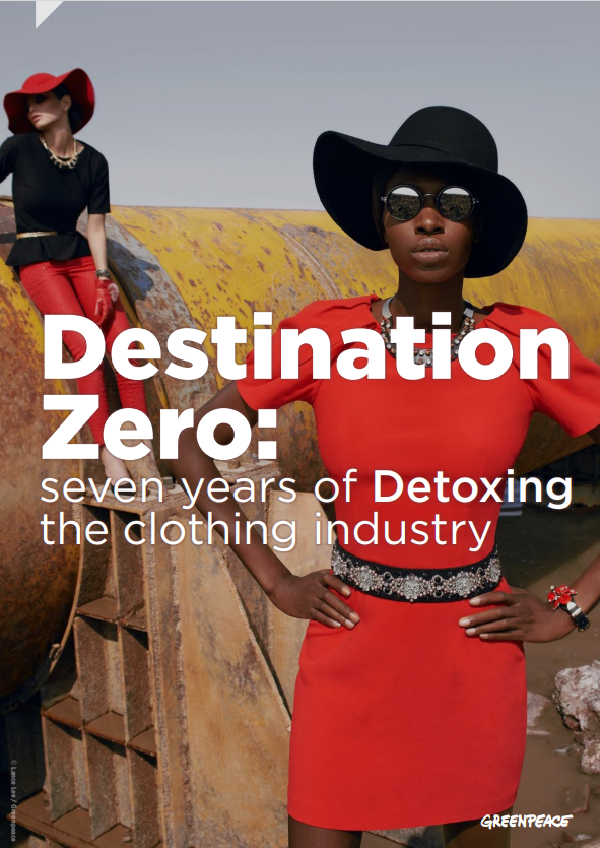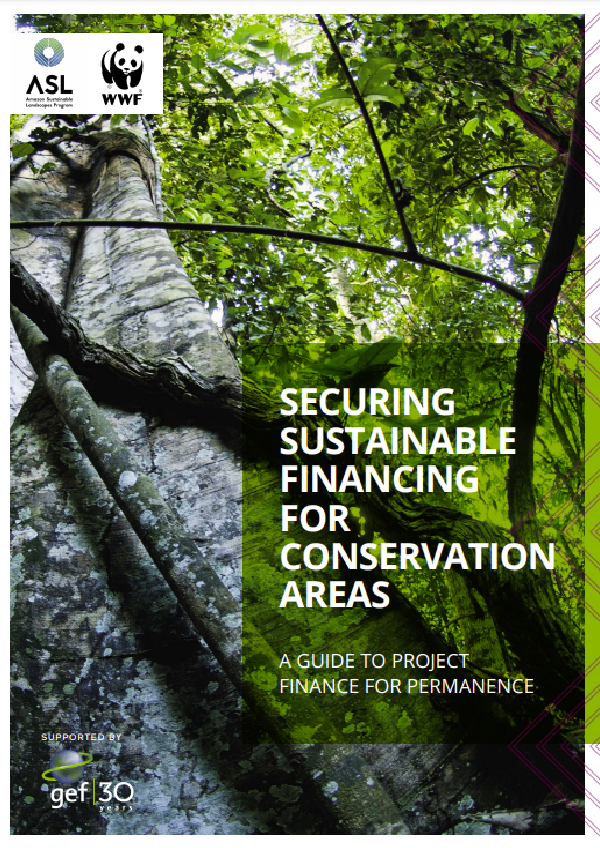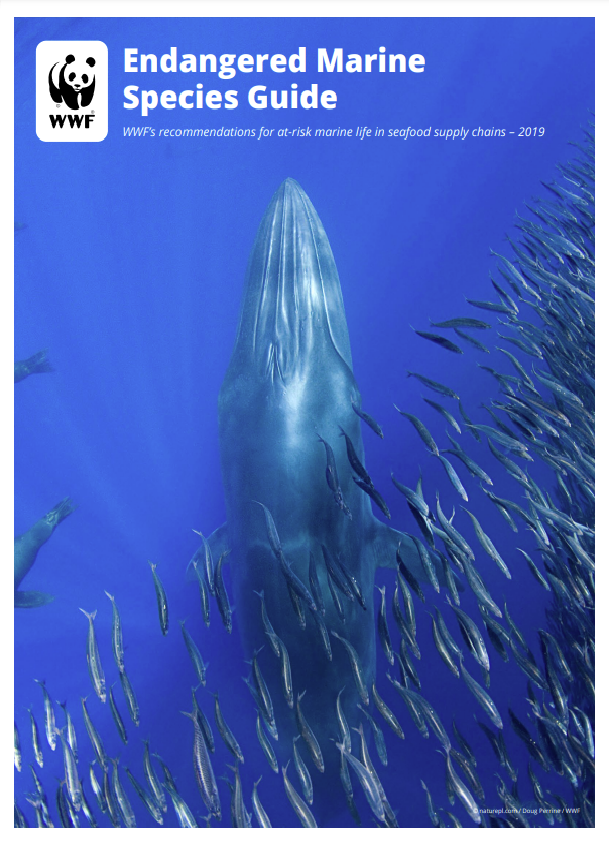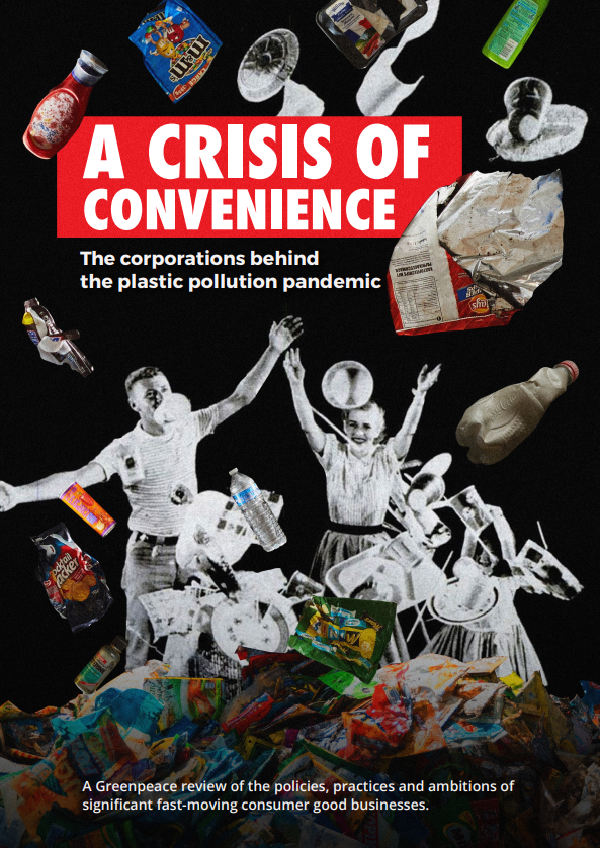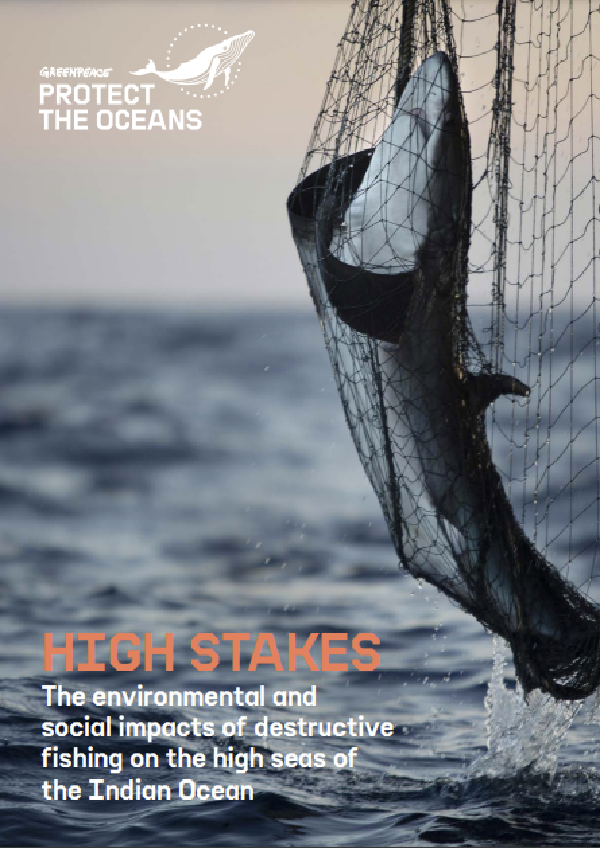Honeybees and wild pollinators play a crucial role in agriculture and food production. However, the current chemical-intensive agriculture model is threatening both, and thereby putting food supply at risk
Without insect pollination, about one third of the crops we eat would have to be pollinated by other means, or they would produce significantly less food. Up to 75% of our crops would suffer some decrease in productivity. Undoubtedly, the most nutritious and interesting crops in our diet – including many key fruits and vegetables, together with some crops used as fodder in meat and dairy production – would be badly affected by a decline in insect pollinators. In particular, the production of apples, strawberries, tomatoes and almonds would suffer.
Beside crop plants, most wild plants (about 90% of them) need animal-mediated pollination to reproduce, and thus other ecosystem services and the wild habitats providing them also depend, directly or indirectly, on insect pollinators.
Bees and other pollinators – both in the wild, and managed – seem to be declining globally, particularly in North America and Europe. In recent winters, honeybee colony mortality in Europe has averaged around 20%.
No single factor can be blamed for the overall global decline in bee populations, or in their overall health. This decline is undoubtedly the product of multiple factors, both known and unknown, acting singly or in combination. Nonetheless, the most important factors affecting pollinator health relate to disease and parasites, and to wider industrial agricultural practices that affect many other aspects of a bee’s life cycle. Underlying all the other factors, climate change is also putting increased strains on pollinator health.
Some pesticides pose direct risk to pollinators. The elimination of bee-harming chemicals from agriculture is a crucial and most-effective first step to protect the health of bee populations.
Source: Greenpeace (http://www.greenpeace.org)
